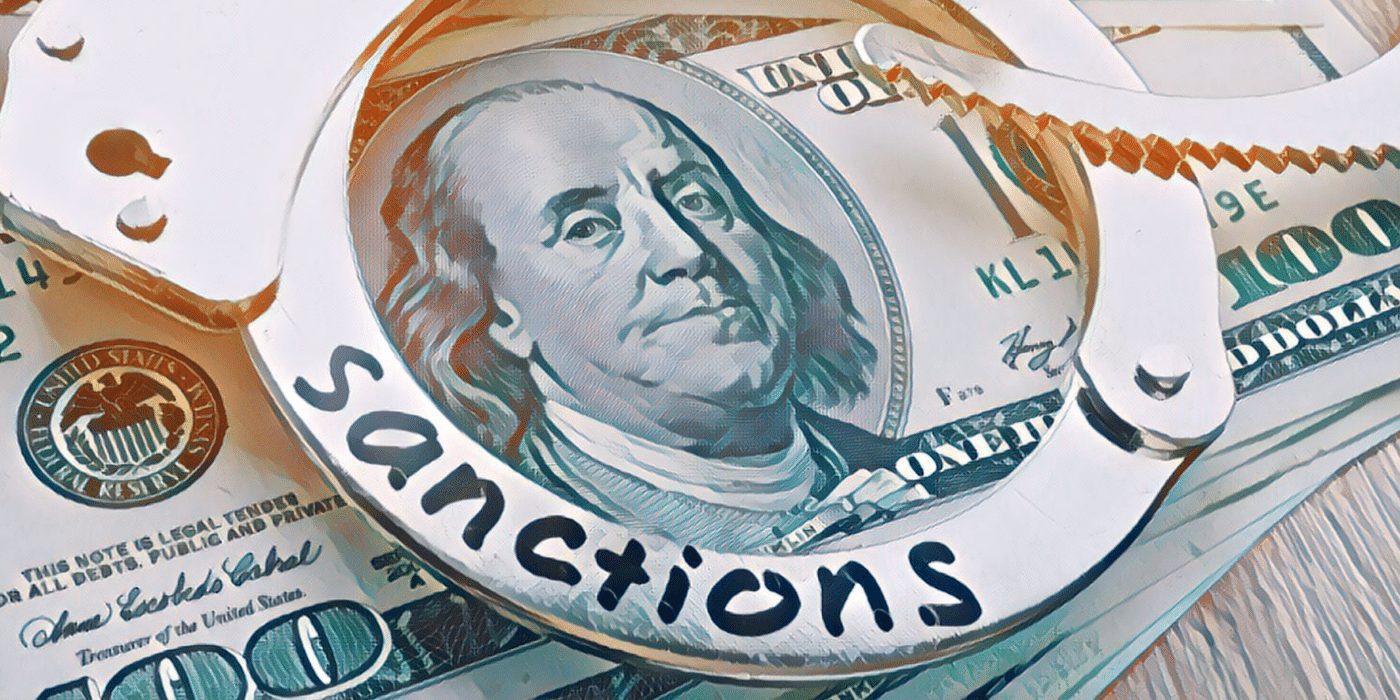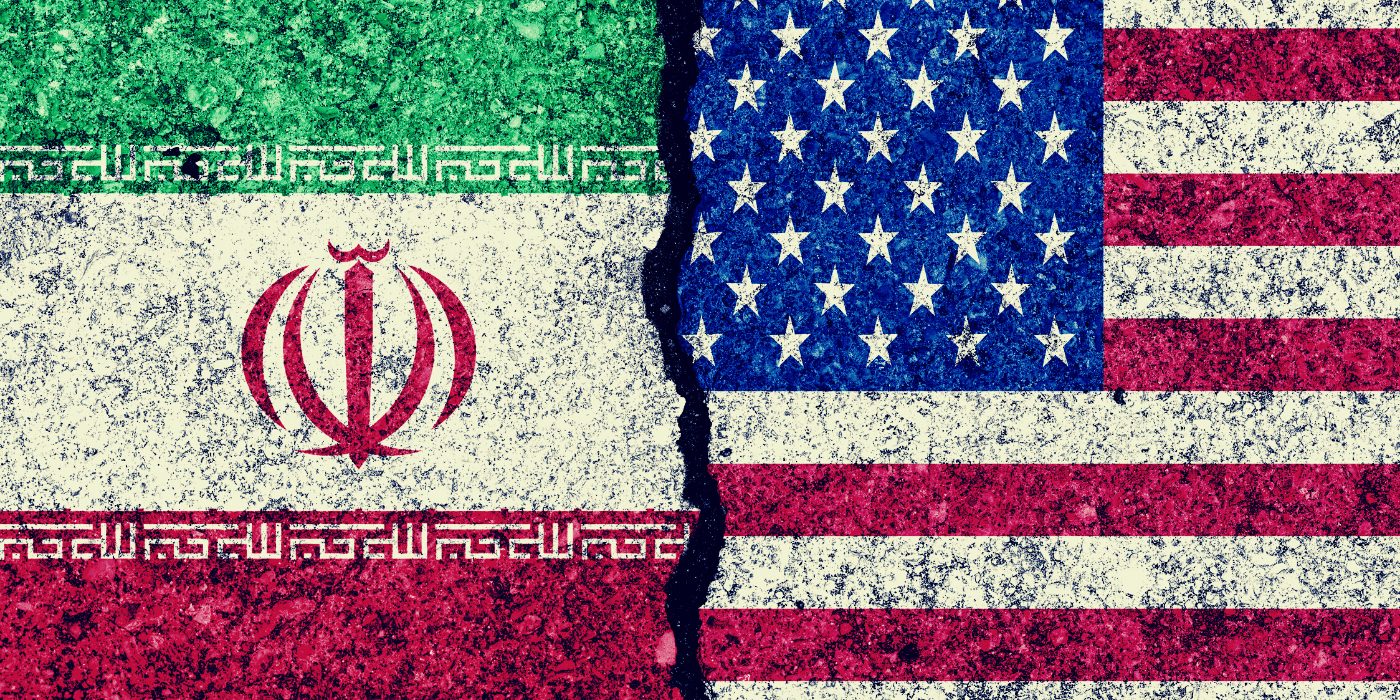Tornado Cash, a mixing service that obscures crypto transaction information, has been sanctioned by the US Treasury, which claims the DeFi protocol is regularly used for money laundering to cover up cybercrime.
Treasury added Tornado Cash and 44 of its Ethereum and USDC wallet addresses to its Specially Designated Nationals list of embargoed entities typically used to prohibit people in the US from dealing with terrorists and authoritarian regimes.
According to Treasury, more than US$7 billion had been laundered via Tornado Cash, including some US$455 million of the US$625 million stolen by North Korean hacking group Lazarus in an exploit of the Ronin Network in March this year. Tornado Cash was also used to conceal the source of more than US$96 million in dirty money from June’s Harmony Bridge heist, Treasury said.
Protocol Fails to Balance Privacy and Compliance
Tornado Cash ‘mixes’ crypto transaction details to break the links in on-chain activity, in the interests of preserving users’ privacy. Deposits are made via one address and withdrawn by a different address, meaning transactions are harder to trace – and therefore appealing to criminals.
In April 2022, Tornado Cash moved to block access by addresses sanctioned by Treasury’s Office of Foreign Assets Control (OFAC) in an attempt to demonstrate compliance. More recently, the protocol transitioned to a fully open-source user interface to increase transparency by enabling contributors to suggest code improvements.
However, it’s clear Treasury did not feel the protocol was meeting its anti-money-laundering obligations, making it a threat to US national security.
Despite public assurances otherwise, Tornado Cash has repeatedly failed to impose effective controls designed to stop it from laundering funds for malicious cyber actors on a regular basis and without basic measures to address its risks. Treasury will continue to aggressively pursue actions against mixers that launder virtual currency for criminals and those who assist them.
Brian E. Nelson, Treasury Under Secretary for Terrorism and Financial Intelligence
Treasury Issues Broader Warning
Treasury also had a warning for the broader crypto ecosystem: “As today’s action demonstrates, mixers should in general be considered as high-risk by virtual currency firms, which should only process transactions if they have appropriate controls in place to prevent mixers from being used to launder illicit proceeds.”



